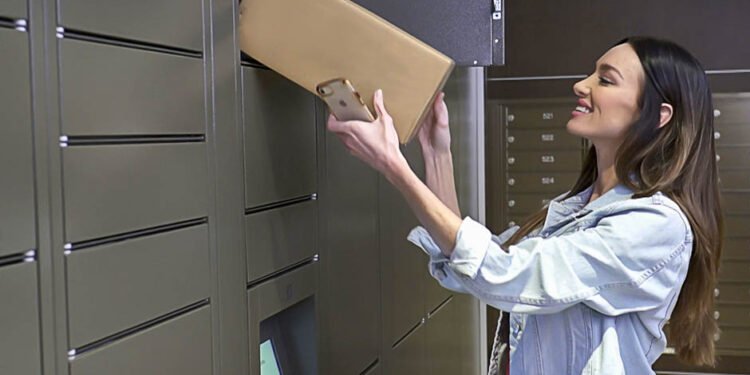In our ever-connected and fast-paced world, technology continues to reshape the way we live, work, and interact with our surroundings. Smart lockers are a prime example of how innovation has transformed an everyday concept, providing us with secure, efficient, and convenient solutions for storage and access. In this article, we’ll delve into the world of smart lockers, exploring their functionality, benefits, and the exciting potential they hold in various industries.
How Smart Lockers Work
At their core, smart lockers are secure storage units equipped with an array of sensors, locks, and connectivity features. Here’s a simplified breakdown of how they function:
- Reservation or Assignment: Users can reserve or be assigned a smart locker through various means, such as a mobile app, a website, or an administrative system.
- Authentication: To access the locker, users typically use a smartphone app, an access code, a QR code, or even biometric authentication, depending on the system’s capabilities.
- Lock and Unlock: Once authenticated, the locker door unlocks, allowing the user to access the contents.
- Notifications: Users often receive notifications through email, text, or the mobile app, informing them about locker availability or when their belongings have been placed inside.
Applications of Smart Lockers
Smart lockers have found their way into numerous sectors, offering tailored solutions to a variety of needs:
- Package Deliveries: A common application is in package deliveries, where courier companies and e-commerce giants use smart lockers to provide secure and convenient options for customers to receive parcels. These lockers can be installed in centralized locations like apartment buildings, corporate offices, and retail centers. This is what the Azusa UPS store offers to its customers.
- Contactless Storage: In environments like gyms, airports, and universities, smart lockers provide secure, contactless storage solutions for users to keep their belongings temporarily.
- Parcel Returns: Smart lockers are also used for hassle-free parcel returns, allowing customers to drop off returns at their convenience.
- Secure Storage: Businesses and organizations employ smart lockers to securely store sensitive items, such as documents, pharmaceuticals, and valuable assets.
Benefits of Smart Lockers
The adoption of smart lockers comes with a multitude of advantages:
- Convenience: Users can access their lockers at any time, making it incredibly convenient for package pickups, storage, and returns. The 24/7 lockers are available whenever they’re needed.
- Security: Smart lockers often come equipped with advanced security features like surveillance cameras and tamper-evident technology, ensuring the safety of stored items.
- Contactless Solutions: In a world increasingly focused on hygiene and minimizing contact, smart lockers provide a contactless solution, reducing the risk of contamination.
- Efficiency: Smart lockers streamline processes, leading to cost savings and improved operational efficiency for businesses.
- Customization: These lockers can be customized to suit various needs, from refrigerated lockers for food deliveries to temperature-controlled lockers for pharmaceuticals.
The Future of Smart Lockers
As technology continues to advance, the potential for smart lockers is vast. We can anticipate several developments on the horizon:
- Wider Adoption: Smart lockers will become more commonplace as their benefits become increasingly evident to businesses and consumers alike.
- Integration with AI: Integration with artificial intelligence (AI) will make smart lockers even smarter, optimizing logistics, predicting usage patterns, and improving user experiences.
- Sustainability: The development of eco-friendly smart lockers with reduced energy consumption and sustainable materials will become a priority.
- Diverse Applications: Smart lockers will find new applications in industries such as healthcare, logistics, and even as secure storage for valuable art and collectibles.












